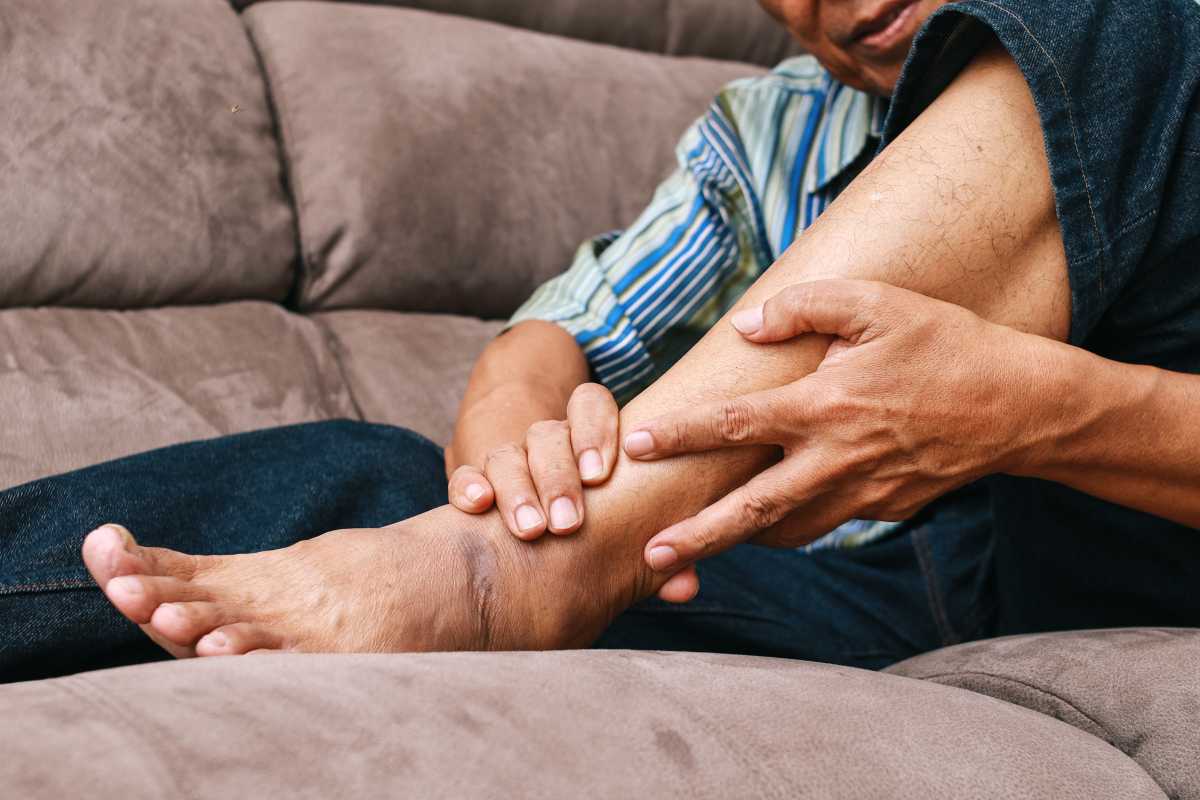Health
Testosterone Therapy Does Not Lower Diabetes Risk in Men with Hypogonadism, Study Finds

A recent study published in JAMA Internal Medicine has revealed that testosterone replacement therapy alone may not decrease the risk of progression from prediabetes to diabetes or increase the likelihood of type 2 diabetes remission in men with hypogonadism.
The study, known as TRAVERSE, conducted by researchers from Harvard Medical School and the Boston Claude D. Pepper Older Americans Independence Center, involved men aged 45 to 80 years with hypogonadism who were randomly assigned to receive transdermal 1.62% testosterone gel from AbbVie or a placebo throughout the study period.
Within the TRAVERSE trial, a subgroup analysis specifically focusing on prediabetes and diabetes outcomes was conducted. Participants with prediabetes (defined by HbA1c levels or fasting glucose levels) and diabetes (HbA1c of 6.5% or higher, among other criteria) were included in this analysis.
The findings revealed that testosterone therapy did not lead to significant differences in glycemic outcomes compared with the placebo group. The risk of progression from prediabetes to diabetes and the likelihood of diabetes remission were similar between the testosterone and placebo arms.
The TRAVERSE study also reported safety data showing that testosterone therapy was associated with higher incidences of venous thromboembolism, atrial fibrillation, and acute kidney injury compared to the placebo. However, these safety outcomes did not show additional differences in the prediabetes and diabetes subgroups.
Researchers emphasized that lifestyle modifications and certain medications have been proven to be effective in preventing or managing diabetes in men with hypogonadism and underscored that testosterone replacement therapy should not be used as a standalone intervention for diabetes prevention or treatment in this population.












